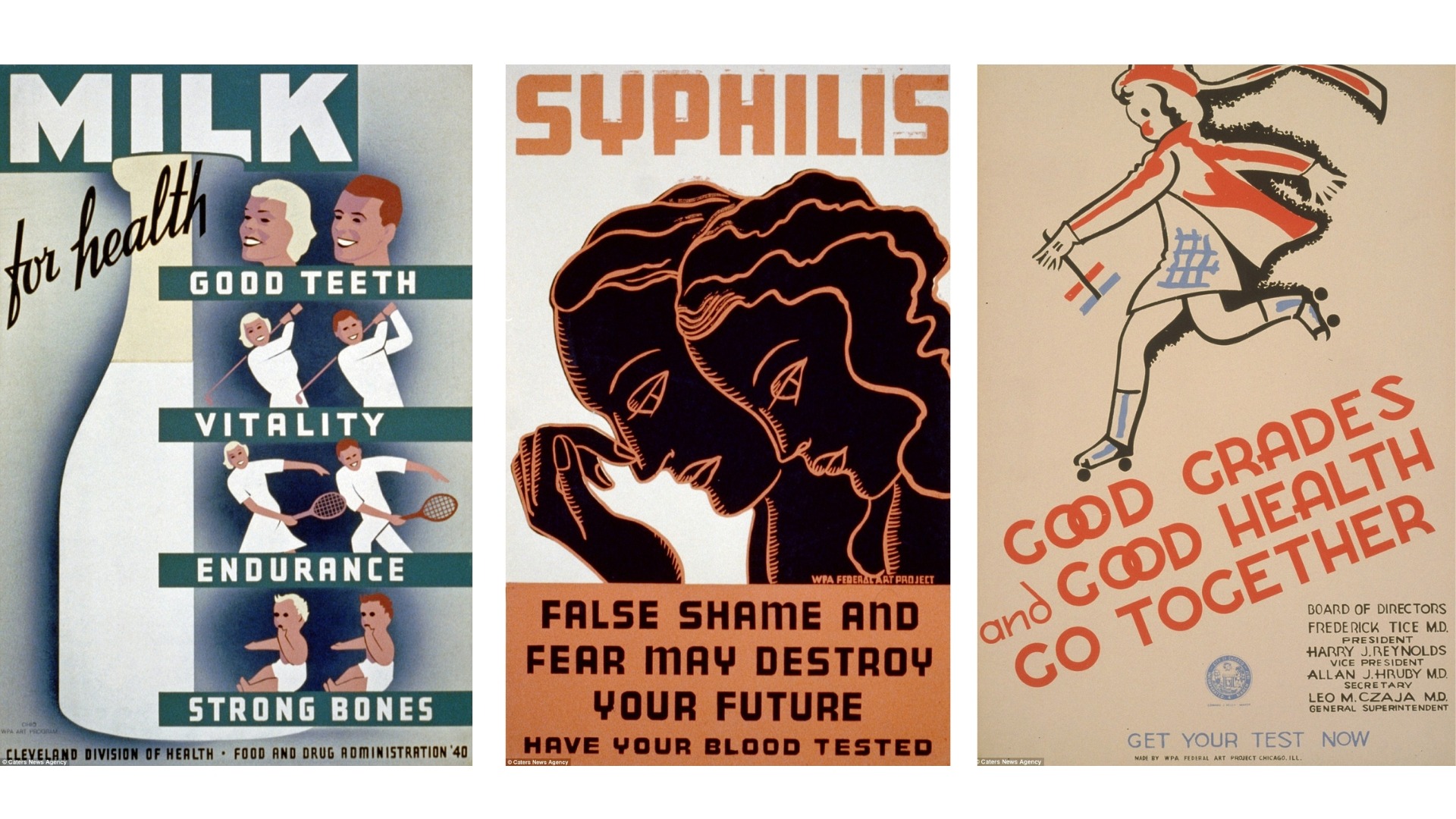Election 2015: What are the major parties promising for the NHS?
As one of the most visible places where taxpayers’ money is spent, the NHS is always a major talking point in the run up to an election. Here’s a look at what each of the major parties is promising.
Conservatives
David Cameron underlined the party’s commitment to fund the NHS Five Year Forward View in full, at an extra cost of at least £8 billion a year by 2020, and to ensure 7-day access to key NHS services (including GP appointments and certain hospital services) for all patients by the end of the next parliament.
The party has pledged same-day GP appointments for over-75s when needed, and plans to reintroduce the right to a named GP. Cameron also says the party wants to improve transparency by giving patients access to full information about the safety record of hospitals and other providers. A Conservative government would continue to provide the Cancer Drugs Fund, and would work to deliver the strategy recommended by NHS England’s Cancer Taskforce.
Labour
The integration of health and social care is a major priority laid out in the Labour manifesto, which confirms the promise to establish a £2.5 billion-a-year ‘time to care’ fund to pay for 20,000 more nurses, 8,000 more GPs and 3,000 more midwives. The party is also guaranteeing GP appointments within 48 hours.
Ed Miliband has stated that a Labour administration would repeal the Health and Social Care Act 2012, and cap the amount of profit private firms can make from the NHS at 5%. Labour guarantee that patients would wait no longer than one week for vital cancer tests and results by 2020, and would establish a Cancer Treatment Fund to provide patients with better access to innovative treatments.
Liberal Democrats
The Liberal Democrats would set aside £3.5 billion of extra funding for mental health, and have guaranteed ‘equal care’ for mental health as one of five policy priorities, highlighting that this is a major policy in the context of their broader manifesto.
They have pledged to provide the extra £8 billion a year in NHS funding by 2020 called for in the NHS Five Year Forward View. Nick Clegg has also confirmed commitments to secure local agreement on fully pooled health and social care budgets by 2018, and will transfer responsibility for social care to the Department of Health. The party would also remove NHS mergers from the jurisdiction of the Competition and Markets Authority.
Digest
 The Conservative manifesto has placed a lot of emphasis with GPs, the NHS touch point that voters access most frequently. Meanwhile, specific mention of transparency and providing patients access to safety records is a nod to recent hospital scandals, and seeks to assure voters that they can place trust in their local hospital.
The Conservative manifesto has placed a lot of emphasis with GPs, the NHS touch point that voters access most frequently. Meanwhile, specific mention of transparency and providing patients access to safety records is a nod to recent hospital scandals, and seeks to assure voters that they can place trust in their local hospital.
Labour’s funding commitment falls short of the £8 billion a year called for in the NHS five year forward view, however they have suggested that their repeal of the Health and Social Care Act 2012 will ‘change the assumptions that the Five Year Forward plan is based on’. The funding they have pledged is clearly translated into frontline medical staff, giving the sum tangibility, and implying that this money will directly translate into better care.
Mental health is the central health aspect of the Liberal Democrat manifesto, with not only significant funding (£3.5 billion) set aside for the issue, but also detail on how some of that amount will be spent; depression receives special attention, with new mothers, teenagers and children suffering from depression promised £1.5 billion of funding. Many will see these as timely policies following recent suggestions that mental health care in the UK is reaching breaking point.
While all manifestos mention a certain level of integration of social care with health care, there is precious little detail from any of the major parties on precisely how much will be set aside for social care, and what exact attention it will receive within newly integrated services. The King’s Fund has referred to social care funding as ‘the ghost at the feast of this election campaign’.
– Written by George H.

